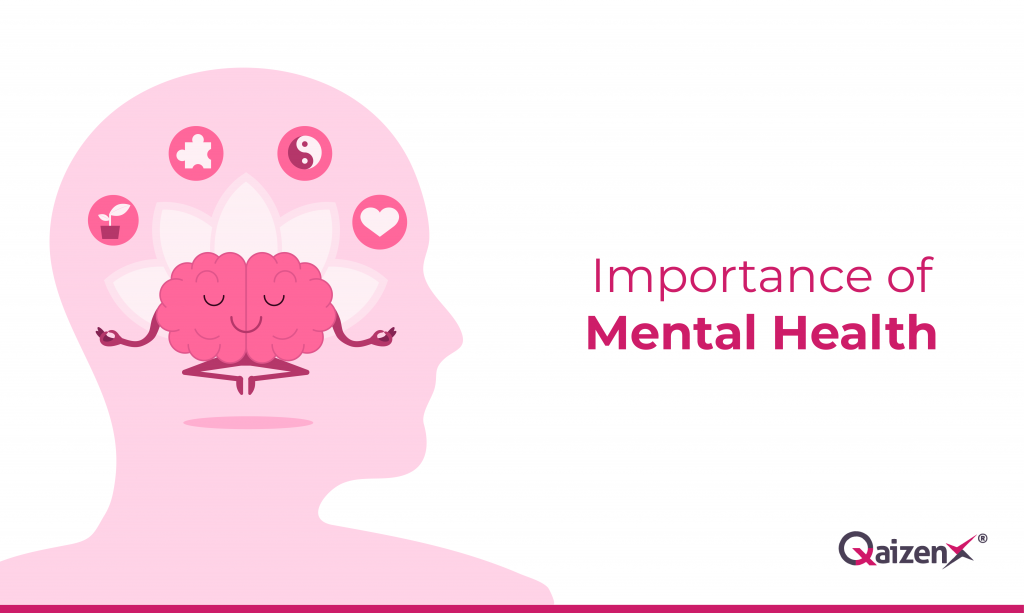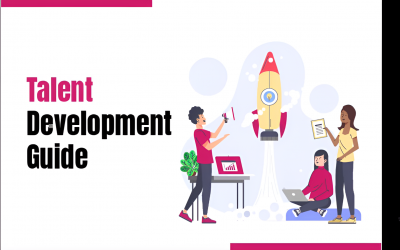Importance of Mental Health in the Workplace

Mental health issues such as anxiety, depression, and bipolar disorder have become more common in recent years. Some reports suggest that the number of people with anxiety disorders has risen by 30% in the last 12 years.
This rise is due to an increase in the rate of prescription drug addiction and substance abuse which are among other workplace ills. Thus, it is vital to look after one’s mental health, especially at a workplace given the stressful and anxiety-ridden environment we are living in.
Mental health and wellness can lead to a stronger workplace engagement which in turn not only improves productivity. But also increases company revenues as employees opt for fewer sick days or leave early via voluntary separation programs. Also, there are many reasons to engage employees at the workplace
Improving mental health and wellness in the workplace is one of the most important strategies for optimizing business performance, employee engagement and retention.
Why workplace mental health matters:
Employee engagement is based on three key factors. An individual’s sense of purpose at work, work-life balance and level of job satisfaction.
Sense of purpose at work
Discontent with one’s job is often a result of an ineffective manager or challenging circumstances that can lead to unhappiness. Purpose refers to belonging to something bigger than oneself such as company culture or cause.
Work-life balance

Work-life balance is the extent to which a person’s paid work and free time are in harmony with each other. Employees with a higher level of engagement tend to be healthier, more productive, and happy than employees with low levels of engagement.
Level of job satisfaction
One of the most important drivers of engagement is mental wellness. Good mental health is essential for employee retention and productivity because it increases job satisfaction, team effort, and the employee’s commitment to their job. As well as it decreases absenteeism, turnover, and workplace stress. In addition, it reduces operational costs through reduced staff turnover, recruitment costs, and absenteeism.
A lot of money is spent annually on absenteeism, presenteeism, and stress leave in the workplace alone. Around half of this cost can be attributed to depression and anxiety disorders. Therefore, organizations would benefit by putting measures in place to support mental wellness. While every job carries some level of stress and strain, work does not have to be harmful.
Indeed, an important distinction for employers should be between manageable levels of stress that are healthy for employees so long as they can find ways to cope with them and those which are disabling. No one is immune from mental health issues such as depression or anxiety.
Statistics on Mental Health
An estimated one-third of the global population will suffer from a mental health issue by 2022. The International Labour Organization (ILO) says that mental health problems together with physical complaints, injury, and occupational ill-health cost the economy 3.5% of its GDP each year, or US$ 4 trillion in total.
However, they did find that as people age this link becomes more significant. This could be due to the cumulative effect of phthalates, known to affect the endocrine system and potentially influence reproductive function, causing hormonal imbalances, which may lead to a range of adverse health effects.
Depression and Anxiety Disorder Stats

Whether based on data from private organizations or government sectors, the mean average across studies of cases from different countries shows that between 18-35% of all working people are likely to suffer from some form of mental illness in their lifetime. Office-based workers are more likely to suffer from depression or anxiety than those working in other fields. These relative risks are the same across many countries, including developed ones.
World Health Organization (WHO) figures show that 300 million people worldwide have been diagnosed with clinical depression in 2012. And there will be a 40% rise before 2025.
The number of people with anxiety disorders alone is estimated to grow as high as 360 million. And by 2023, as many as 3 billion people may suffer from anxiety disorders.
Epidemiological studies have also shown a higher prevalence of mental illness in people who are exposed to repeated hassles on the job. In contrast, employees who were exposed to high levels of decision latitude but low workload were at high risk for poor mental health. The findings suggest that employers in multiple worker firms should be aware of employee stress levels and provide adequate support when necessary.
Diversity, inclusivity, and a global perspective:
The trend towards an increasingly multicultural workforce will bring a range of demands and needs. Employers are already starting to benefit from the contribution this makes to business performance. Organizations will achieve greater engagement, retention, and productivity when they understand and respect the needs and preferences of diverse employees. However, employers need to be aware that diversity can bring risks and opportunities. The increased risk of discrimination must be addressed so that it does not undermine the benefits of diversity.
Organizations can do more than just comply with the law when it comes to tackling discrimination. They can seek out ways to benefit from their diversity and make it work for them.
According to the Equal Employment Opportunity Commission, an employer is responsible for providing a workplace free of unlawful harassment. Employers must train employees about anti-harassment policies. Also, develop and distribute copies of these policies as well as complaint procedures on sexual harassment. The stated purpose of these procedures is to create a “safe” environment for all employees. A discrimination policy that specifically protects against discrimination based on ethnicity, gender identity, or sexual orientation should supplement these anti-harassment guidelines.
Workplace Discrimination
Workplace discrimination is a major source of stress for many employees. There are many types of discrimination. However, studies have shown that the most common and debilitating reported to the EEOC are race, gender, and disability-based.
Birthplace can also play a role in workplace discrimination, as while it may not be the basis of initial discrimination. It could potentially trigger certain stereotypes. In a study of Asian Americans, immigrants experienced more problems than second-generation workers. Because they carried more visible markers of their culture, such as language.
An immigration attorney can advise employers and employees on issues related to nationality, immigration status, and documentation.
Conclusion:
No human being can escape from mental health issues. Mental illness is a kind of disease that has affected many people around the globe. The cause of mental illness is the disorder of social life, stress, family and personal affairs, and other factors.
Chemical brain disorders, environmental factors, and other such reasons can affect Mental illness. Doctors don’t recommend taking any medicines to overcome mental health. Because medications for this disease have harmful side effects which may damage the health further. For overcoming physical weakness, staying active in a healthy way makes us energetic always.
Thus, it is imperative to maintain a happy, healthy, and motivating work environment for the wellbeing of your employees. With QaizenX’s Workplace Assessment software, you can make your employees mentally healthy and happy.
Recent Posts
- 20 Examples Of Employee Feedback In The Workplace
- How to Obtain Valuable Input from Your Audience for Enhanced Product Development (and Increased Sales)
- 4 E’s of Employee Engagement and How To Implement Them
- How To Choose The Right Customer Experience Management Software For Your Business
- Why Customers Leave: Recognizing the Signs and Strategies for Retention



